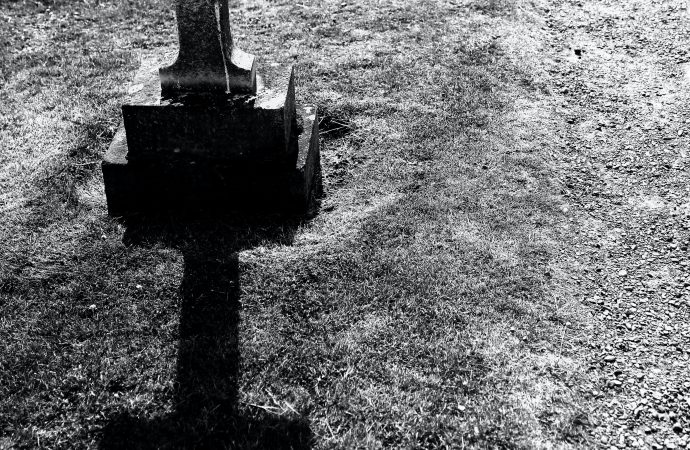Have you ever wondered when your time on earth will come to an end? It’s a thought that most people try to push aside, but what if there was a way to calculate your death date? Sounds impossible, right? Well, we decided to talk with a doctor who has done extensive research on the topic
Have you ever wondered when your time on earth will come to an end? It’s a thought that most people try to push aside, but what if there was a way to calculate your death date? Sounds impossible, right? Well, we decided to talk with a doctor who has done extensive research on the topic and get their expert opinion. Keep reading as we explore the possibility of being able to predict our ultimate fate.
What is a Death Date?
There are a few ways to calculate your death date, depending on the information you have. One way is to use your birth date and the day of the year. Another is to use a calendar date and the day of the week you were born. Still another is to estimate based on when you last ate or had contact with someone who could accurately remember when that was.
The most accurate way to determine your death date is to do an autopsy, which will give you a more accurate estimate of how long you have been deceased. However, an autopsy may not be possible or practical for everyone.
How Can You Calculate Your Death Date?
There are a few ways to calculate your death date. Your birthdate can be used as a starting point. From there, you can subtract the number of years you have been alive (this will give you your “minus years” age). Next, divide that number by 100 and that will give you your “plus years” age. You can use this plus years age as your death date if it falls within a certain range. If not, then you can use the “life expectancy” table to find out when you would have died.
What to Do If You’re Suspected of Having a Late-Stage Cancer
If you are diagnosed with a late-stage cancer, your prognosis is grim. The outlook for patients with late-stage cancers is usually very poor. However, there are ways to improve your odds of survival.
Your doctor will work to determine the stage of your cancer and determine how best to treat it. Unfortunately, there is no guaranteed cure for late-stage cancers. However, treatment options may improve your overall chance of long-term survival.
Some common treatments for late-stage cancers include chemotherapy and radiation therapy. Chemotherapy may help to shrink tumor size and reduce the spread of the cancer cells. Radiation therapy can damage or kill tumor cells while preventing the cancer from growing new tumors elsewhere in the body.
Despite the challenges, many people with late-stage cancer survive for years or even decades after their diagnosis. If you’re facing a diagnosis of late-stage cancer, don’t give up hope! There are treatments available that may improve your chances of a good outcome.
Conclusion
There is some debate about whether or not it is possible to calculate one’s death date based on certain signs and symptoms, but if you are interested in finding out more, a doctor might be able to help. While there may not be a way to know for sure when you will die, taking steps to reduce risk factors and improve your overall health can go a long way in ensuring an early demise.

















Leave a Comment
Your email address will not be published. Required fields are marked with *